ARTEFAKT 112: Stranger Then Paradise
Specialna triurna ponočnica z Markom Požlepom: www.pozlepmark.com
Roads that we travel have no end.
Long-promised lands and prematurely lost.
Rainer Maria Rilke
How do we cope with reality in which every effort to think outside the prevalent socio-political paradigm, offered as best of all possible worlds, is disqualified as mere childish reverie? Where is the boundary between the attempts to leave the confines of the everyday and illusory utopia? In order to explore this boundary, Mark Požlep sets off on a journey, which acts both as a thematic and formal element: not only are his works literally constructed as travel journals, but they are intense processual explorations, based on long-term examination of his own artistic position. Like an anti-hero of the Beat Generation, Požlep responds to the existential social crisis with his artistic expeditions, which are not driven by an escapist reflex, but rather by a need to critically enunciate his opposition to the status quo. Therefore, travel journals are the first key element of Mark's dual paradigm of the journey, serving as a fundamental document of the initial concept, process and the conclusion of his adventures of non-conformity.
The most complex among them, Whatever happened to major Tom, simultaneously functions as a self-reflection of his art, combining explorations and elements from earlier projects, which now take the form of a more monumental epic narrative. In the undisguised manner of an idealist romantic artist, Mark Požlep sets sail on a utopian expedition on a boat recovered from decay, arriving on a tiny Adriatic island to plant a palm tree. The emphatic sublime of his act is in itself a moment of self-reflection. The epic quest and its romantic feature of Sisyphus’ labour as an antidote to commonly professed inalterability of social parameters emerges through unhindered self-irony; it is in fact an adventure of an antihero. It is by no means a naive rebellion stemming from the bourgeois Weltschmerz, but rather a manifest gesture of opposition to passionless positivism. Mark's statement about the necessity of transgressing paralyzing social lethargy with the power of imagination and ideals is nevertheless a lucid meta-narrative, a reflection of his own artistic position and real effects of his actions.
This concern is highlighted in Homelands, Požlep's project that took place in the Holon suburb of Tel Aviv. During his residency at the local Centre for digital arts, a sole element of gentrification in the otherwise neglected working class neighbourhood, Požlep teamed up with local youth to erect a four meter high hill in the museum back yard. The collaborative project brought together the creative potential of city's margins, without the theatrical promise of imminent cultural regeneration, an empty pledge typical of many of today's community projects. But it is in the very gesture of bringing people together through trivial, apparently futile building of a hill of sand, the action of simply transporting heaps of sand from one part of the yard to the other, that the community potential of the neighbourhood becomes clear. The project once more underlines that the true force of Požlep's works rests in the tension between the spontaneous dedication to an act of pure enthusiasm and the reflection of his own gesture through an ironic self-distance, traits emphatically present in Homelands. Human potential in Homelands emerges from an utterly futile action, which reminds us that the first prerequisite of social change is courage, even when it seems it will not get us far.
That is why Mark Požlep ventures on another journey, revisiting the lands of one of the last great utopias, that of brotherhood and unity. In the project Stranger than paradise we follow Požlep as he visits six republics of the former Yugoslavia in seven days, entertaining the elderly living in different retirement homes in a vintage role of a popular entertainer. By assuming this anachronous image, he construes himself as an anti-hero, replacing nostalgic implications with a gesture of perseverance malgré tout. The fact that a certain utopia experienced a downfall by no means implies that we have to replace it with apathy. Therefore, Stranger than Paradise looks for the remains, unpretentiously agitating through popular music, a binding agent of the past, not in order to give in to melancholy, but rather to reanimate the potential of the lost faith in the future.
All of Mark Požlep's explorations can essentially be expressed with the question: what is it that gives us power and motivation for action after the end of the great meta-narratives? The answer that lies in his works is never proscribed or even articulated. They instead absorb us with their contagious force of courage, thus reanimating our dormant need for the active creation of meaning.
Vladimir Vidmar

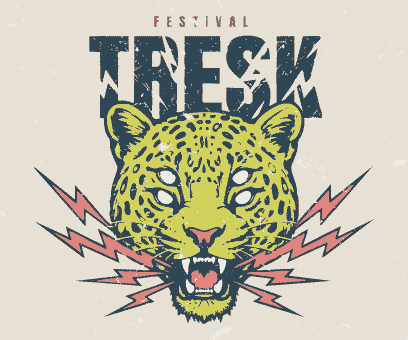
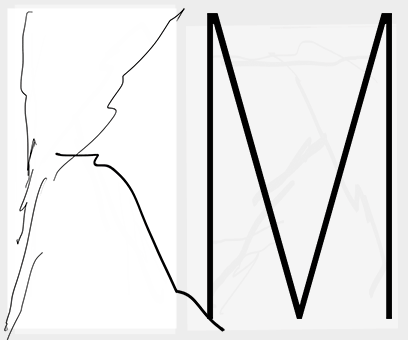
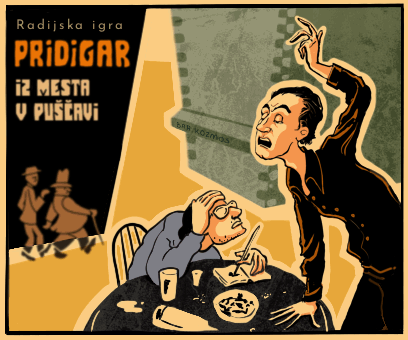
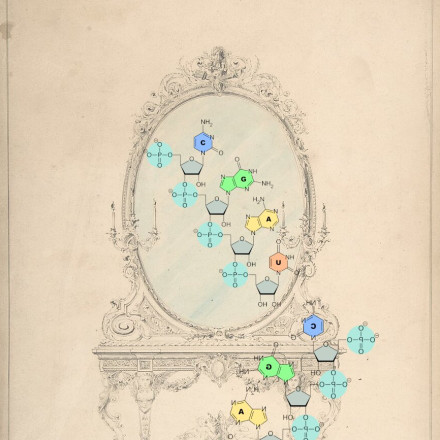
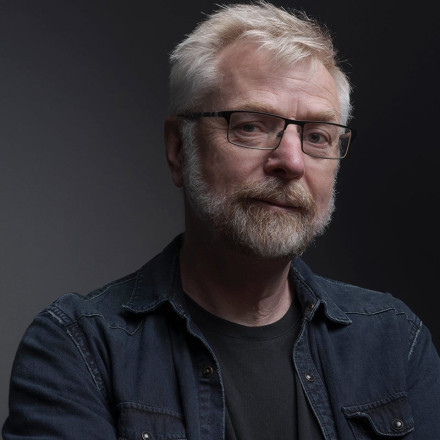

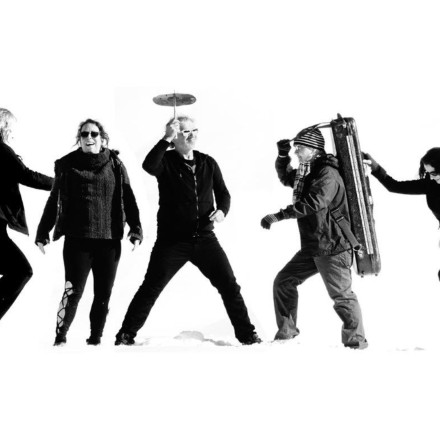

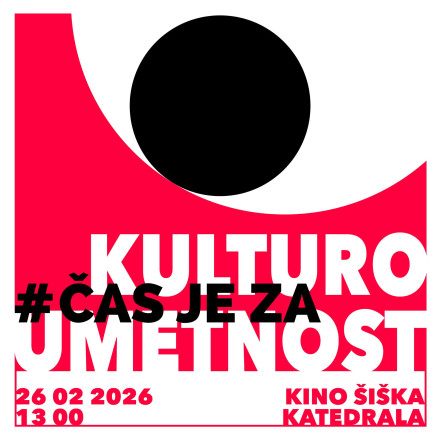
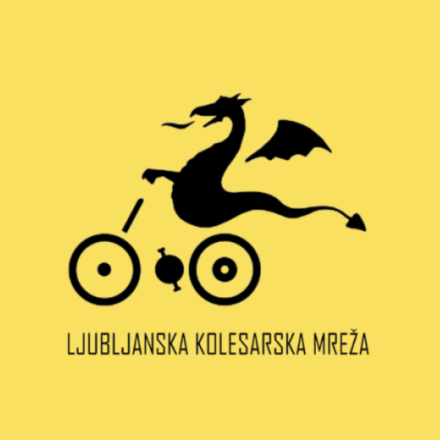
Dodaj komentar
Komentiraj